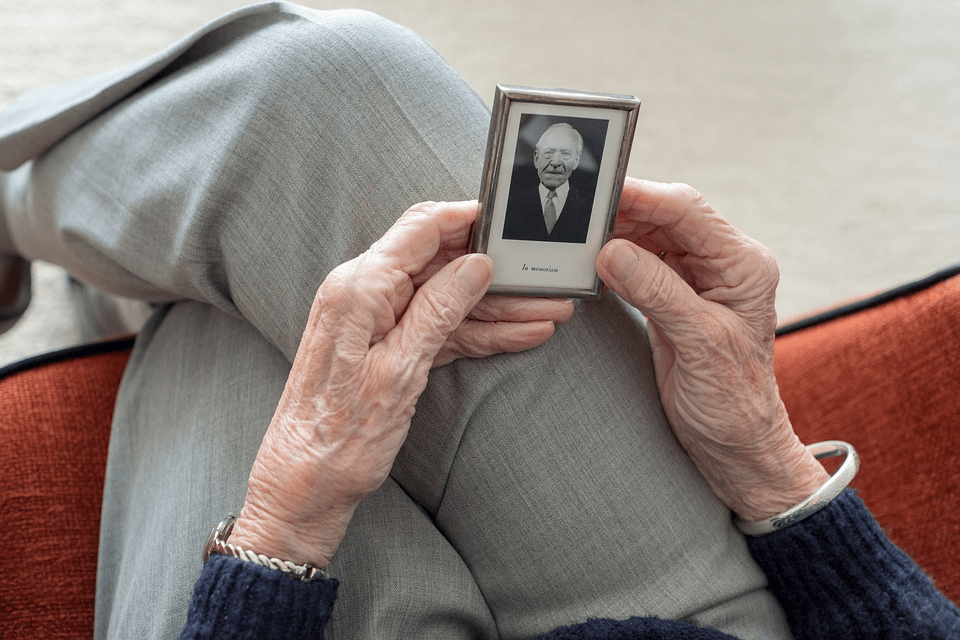How to Avoid Losing Sleep When You Lose a Loved One
 The loss of a loved one can have a multitude of negative effects on your life. One of the most common issues that many people experience during times of grief is an inability to sleep. It can feel near impossible to relax and rest when you are dealing with so much pain, and yet getting good sleep is essential to work through the grief you’re experiencing.
The loss of a loved one can have a multitude of negative effects on your life. One of the most common issues that many people experience during times of grief is an inability to sleep. It can feel near impossible to relax and rest when you are dealing with so much pain, and yet getting good sleep is essential to work through the grief you’re experiencing.
If the loss of a loved one is keeping you up at night, take a look at this list of ideas for improving your sleep. Hopefully at least one will offer some respite.
Address Any Physical Pain or Symptoms
When people think of grief, they often focus on the emotional impact. The truth is, however, experiencing grief can cause some very real effects on your physical health. People who lose a loved one may feel that chronic pain is much worse or may be more prone to getting sick. If pain is a possible source of your sleep problems, take some steps to address it.
Sleeping on a good mattress is the best way to reduce back pain, so make sure your mattress supports your body and sleep style and isn’t old or too worn to maintain the proper alignment of your spine. Daily exercise can also help your body feel less pain and promotes better sleep. A lack of exercise can actually make it more difficult to relax at night. Regular physical activity has also been shown to help with physical pain, so getting in even a gentle workout can help you reduce your pain and reclaim more sleep at night.
Avoid Sleep Tricks That Won’t Help
If you are losing sleep, you may find yourself willing to try anything to get the rest you need. When working through grief, a lot of people turn to alcohol to help them relax at the end of a stressful day. However, drinking alcohol can actually take away from your ability to sleep at night. It’s true, having a glass of wine could help you fall asleep a little faster, but you are less likely to get the deep, restorative sleep you truly need to heal. Another common sleep trick people turn to is watching television before bed, but experts tend to agree that having a television or any screen in your bedroom can severely disrupt your sleep routine. That’s why it is really best to keep those screens out of your room and to turn them off at least one whole hour before you go to bed.
Take Special Care with Your Diet
Comfort food is a staple during times of loss and grief. While a few casseroles or unhealthy dishes can help soothe any emotional pain you may be feeling, you should try to eat healthier to help yourself heal. It’s a tricky self-care step to pull off if you are having trouble eating at all, but the right nutrition is key to keeping your body healthy and in shape to sleep well at night. If comfort food is all you can manage right now, by all means, eat it. Having a bit of unhealthy food is better than eating nothing at all. Just make sure you stop eating certain foods at night or before bedtime. Cut out caffeinated drinks and foods in the early afternoon to keep yourself from feeling too anxious to sleep. And remember that spicy and fatty foods are better left to daytime meals since they can cause indigestion and stomach issues that can interfere with sleep.
Losing a loved one is always hard. Make it a point to really get the rest you need right now, and to take better care of your mind, body, and soul during this time of loss.
— June Duncan
June is the co-creator of Rise Up for Caregivers, which offers support for family members and friends who have taken on the responsibility of caring for their loved ones. She is the author of the upcoming book, The Complete Guide to Caregiving: A Daily Companion for New Senior Caregivers.
Photo from Pixabay